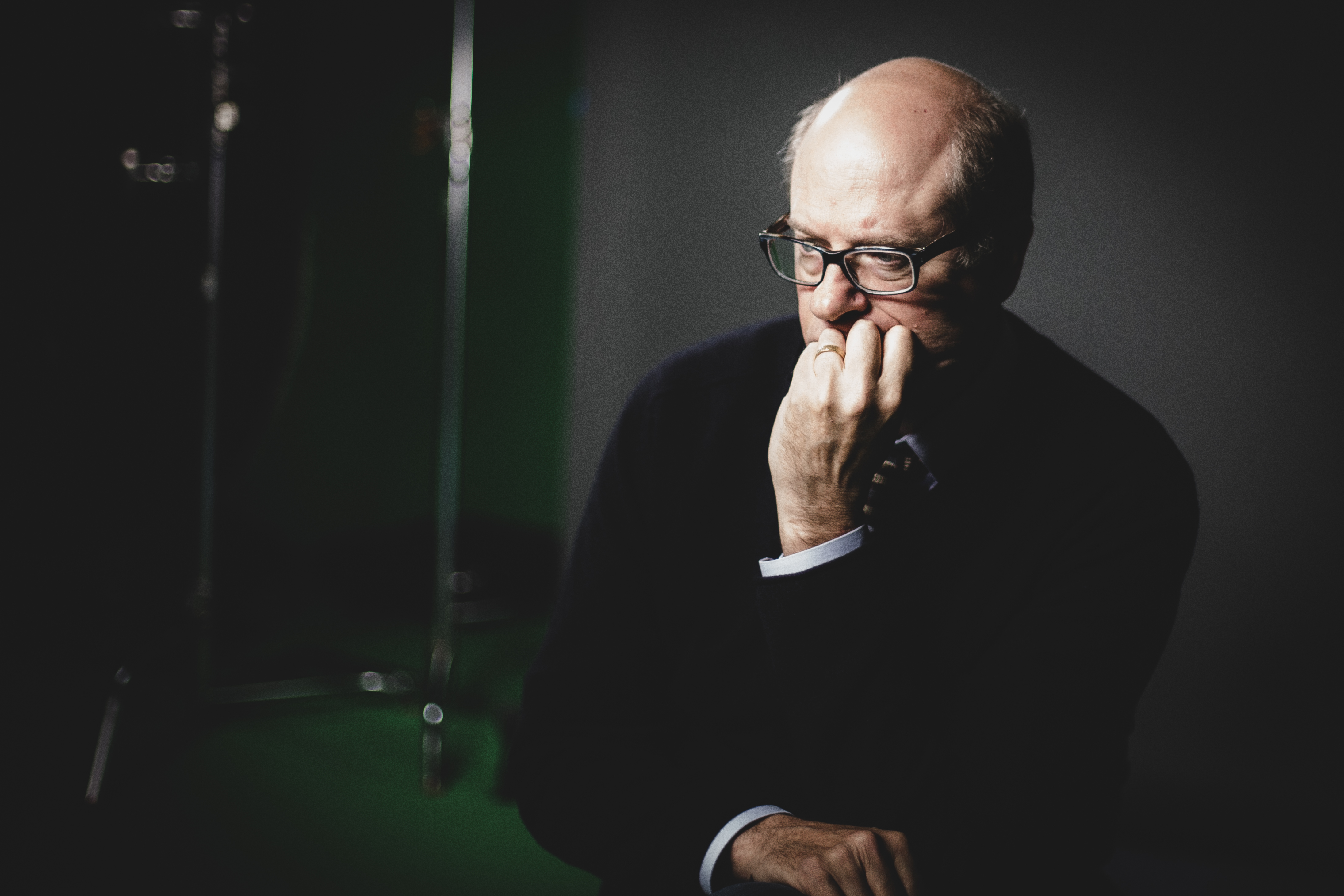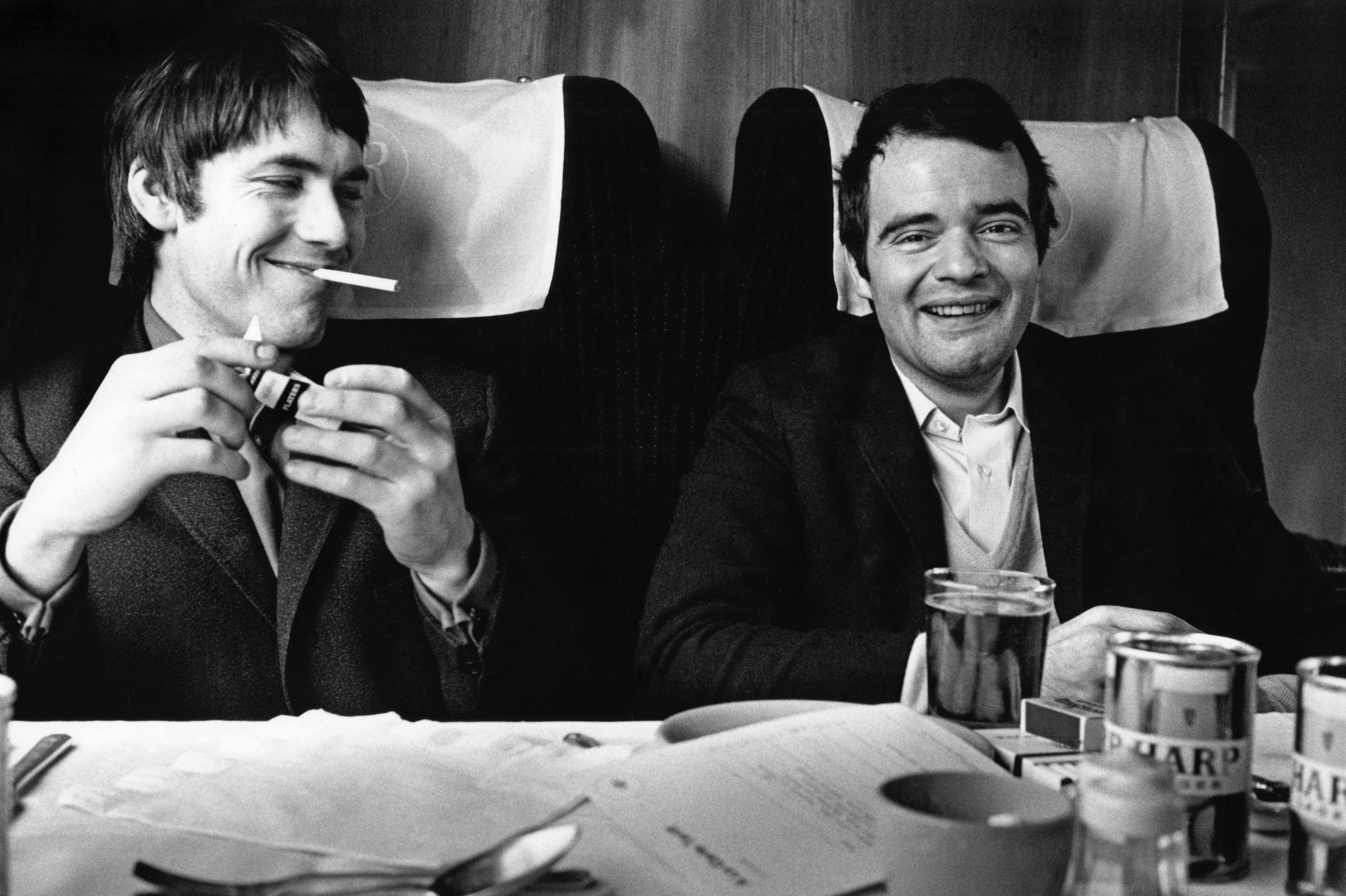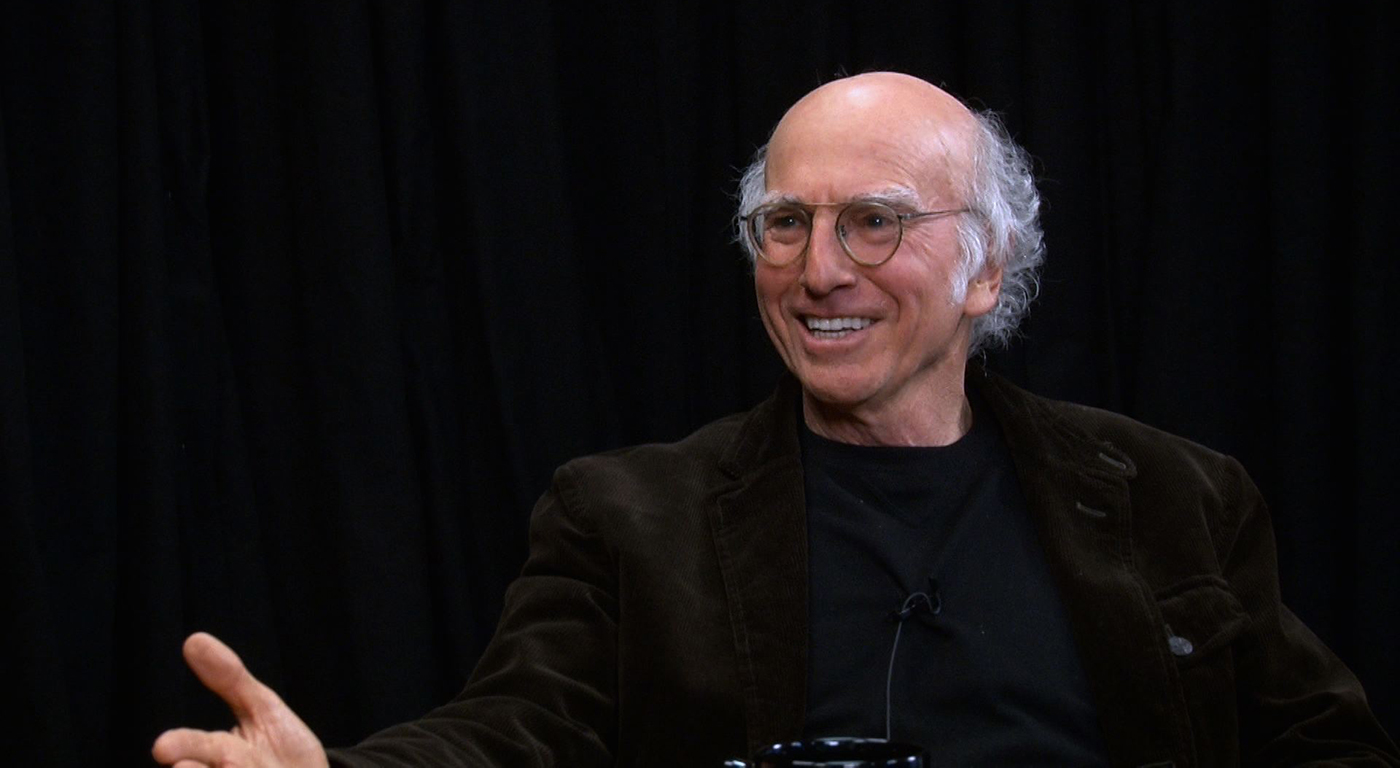Holly Hunter can do no wrong in Living Out Loud. As the recently divorced Judith, she burns as the feisty, fiery center of this marvelously tactile film about a woman of a certain age with certain issues. Writer and first-time director Richard LaGravenese creates in scene after scene a velvety elegance that, unfortunately, dissolves at the edges. He just can’t seem to pull it all together into a coherent story.
Living Out Loud
directed by Richard LaGravenese
now playing at Seven Gables, Grand
Cinemas, Pacific Place, others
Judith is all simple grace and style in her chic black designer outfits. Her Upper West Side apartment is so austere it’s practically empty. For years she’s subsumed her own life for her husband’s (a slimy, snotty Martin Donovan). Post-divorce, she goes through the motions of a lonely society single: dining solo at a posh eatery where she eyes the couples and friends sharing food and conversation; sipping martinis alone at a local nightclub; eating takeout while zoning out on TV.
“I used to be dangerous,” she says at one point. “I don’t know what happened.” When a stranger who mistakes her for another passionately kisses her, Judith sets about to recapture her edge. She calls a hunky private masseuse for a house call and flirts with nervous anticipation and sultry squirms. High on pills proffered by earthy chanteuse Liz Bailey (Queen Latifah in an easy, charming performance), she heads out for a night on the town literally shivering with intoxication, stroking everything in sight with sensual delight.
Judith’s story is paralleled by Pat’s (Danny DeVito), a divorced gambler living with his successful brother and eking out a living as a doorman at Judith’s apartment building. Giddy from the stranger’s kiss, Judith strikes up a conversation with Pat in the elevator. The two become friends, though of course Pat hopes for more. He gets a contact high from Judith’s newfound energy and starts to turn his life around. And he falls in love with Judith—the film’s first misstep. Hunter’s supernova intensity burns DeVito’s simple sincerity off the screen. DeVito tries hard, but the movie can’t maintain a credible romance between these two.
Living Out Loud is made up of magical moments of revelation that are the film’s strength as well as its ultimate weakness. Flashbacks and fantasies jostle into the real world to create a fascinating fabric of reality. When it works, LaGravenese is able to weave his characters’ emotional history—the break-up of Judith’s marriage; the death of Pat’s daughter—into their life in the present. At other times the narrative breaks are jarring. In one mix of flashback and present story, a nightclub scene is transformed into a VH-1 musical number on a dance floor populated solely by young women. The sequence ends with Judith embracing a version of her younger self. What it means I haven’t the slightest idea, but it sure looked great.
LaGravenese’s facility for dialogue results in some witty and unexpected punch lines. But apart from The Fisher King, his best work has been in translating books to screen. Living Out Loud has all his trademark sparkling wit and introspection, as well as a surprisingly assured visual style. But the whole lacks structure: This movie is so effervescent it threatens to bubble away.







